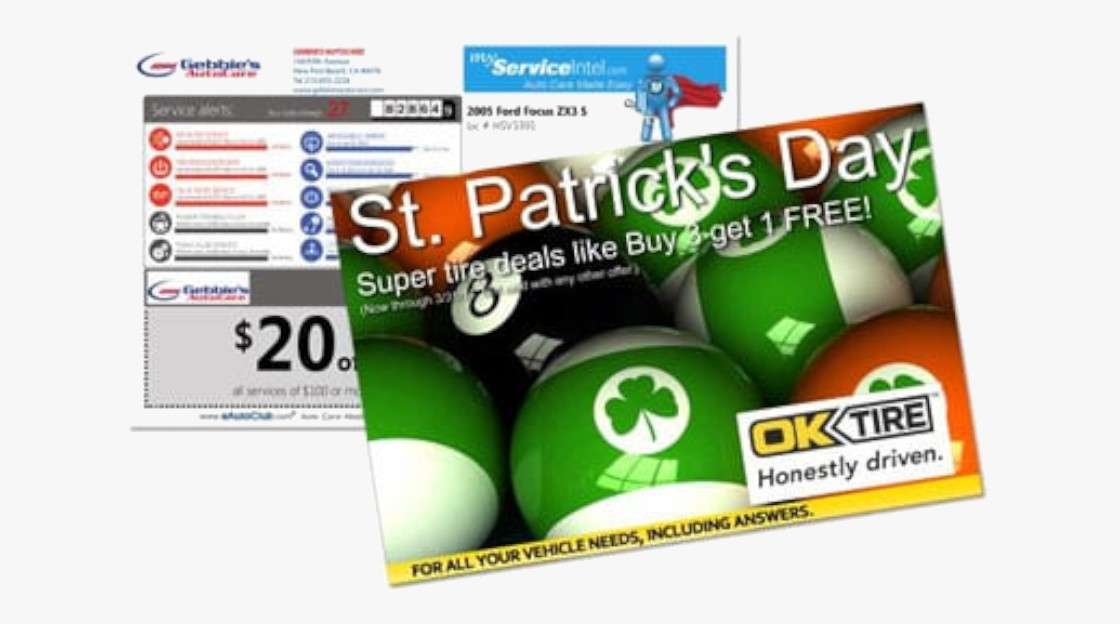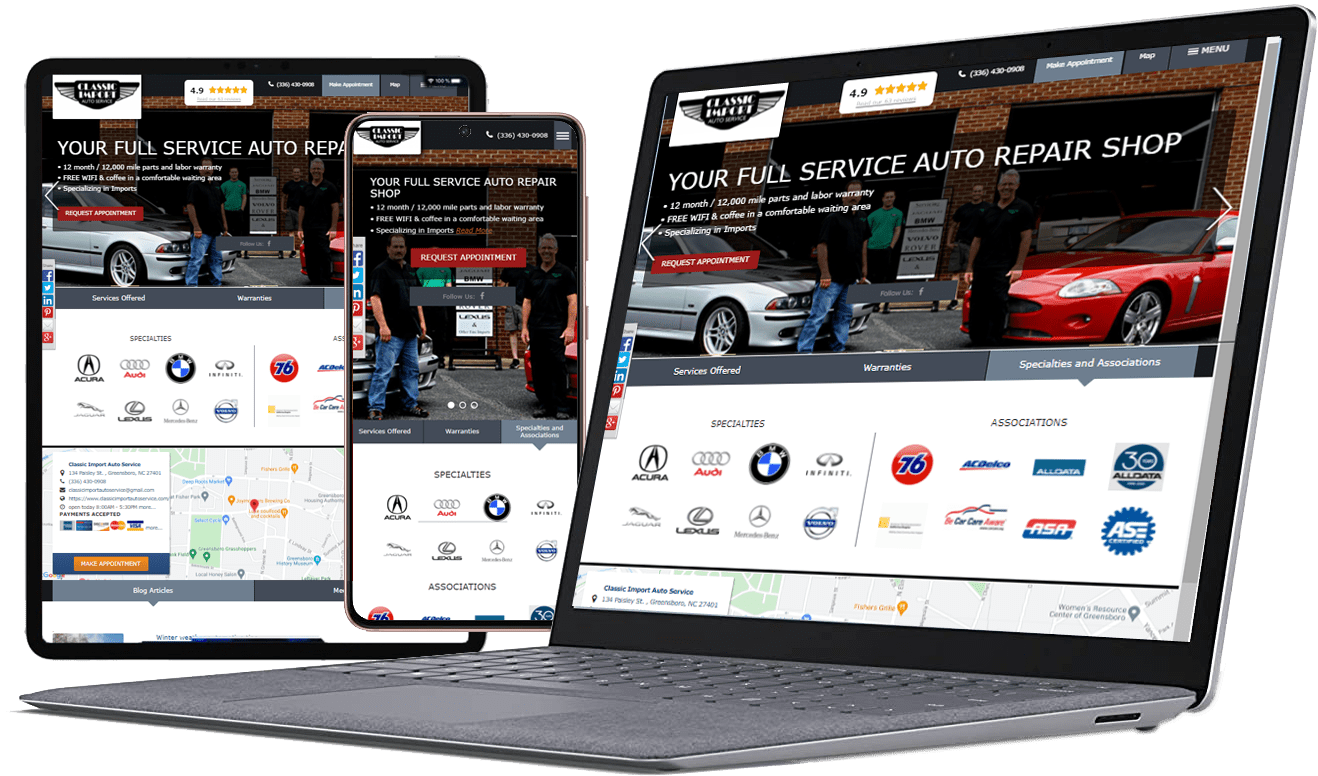We know that it’s almost impossible to compete with the shop down the street offering bottom-of-the-barrel prices. We also know how hard it is to build a good reputation when using cheap parts. How to set profit margin in your Automotive Service Shop Pricing.
Let’s continue our journey to discover how to build profit margins that lead to profitability. Last time, we focused on mistakes businesses can make (see blog title: Automotive Service Shops: Profit Margins No-No’s). Today, I’ll give you some specific guidelines to follow when pricing parts.
If you have a shop-management system, you can easily set a standard gross profit margin (GPM) at 35% for expensive parts and 300% for smaller, less costly parts.
On average, you should aim for a 50% GPM on parts, so that you reach an overall end goal of 60% GPM.
Formula for pricing
Here’s an up-close look at reaching a 50% GPM on parts:
If you pay $25 for a part
Then you should charge customers $50 for it.
It’s that easy.
Just double your cost, and you’ll get 50% GPM.
In the industry, this is a standard profit ratio shop owners use to cover the cost of installing parts, warrantying the parts, and paying for overhead.
Dealer parts
When you use dealer parts, lower the GPM to 35-40% to make up for the higher price. However, it’s also acceptable to charge a higher price for these parts, or if you choose to keep parts prices low, cover the lost profit through maintenance work that includes higher-priced parts.
That’s how you’ll reach an average of 60% GPM as an end goal.
Pricing parts can be a confusing process. If you follow a few simple rules, you can ensure that your shop is profitable, and generates the revenue you need.
SI Auto Pro “Auto Care Made Easy”, previously licensed and distributed under the Mitchell1™ and Snap-On™ brands, is designed for automotive service and tire dealers using Mitchell1 Manager™/Shop Key™, R.O. Writer™, AllData™, MaxxTraxx™, Costar™, Lankar™, PACE Yes™, NapaTracs™, and other shop management computer systems. blog.AutoSI Auto Pro.com | Testimonials since 1999





